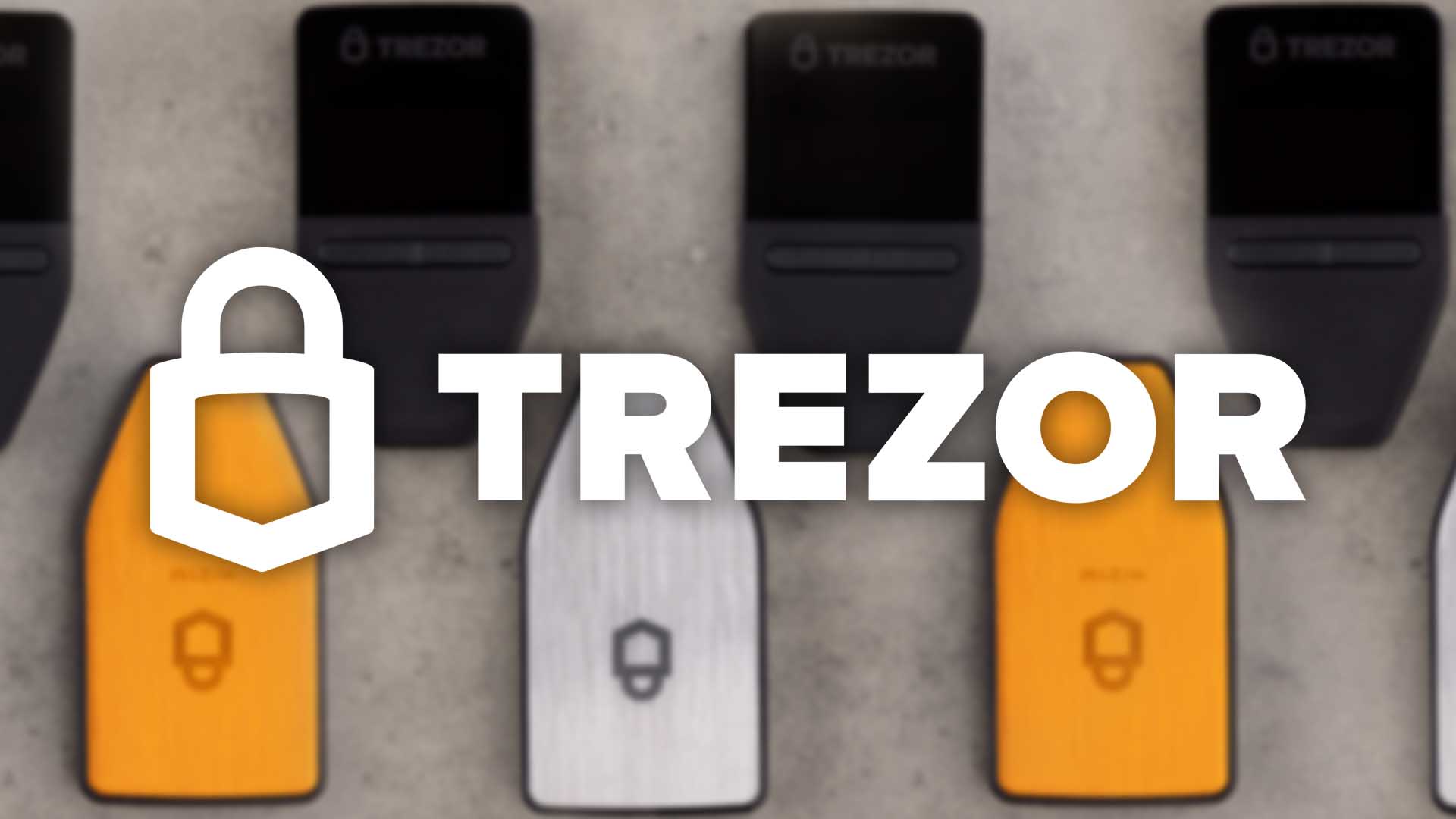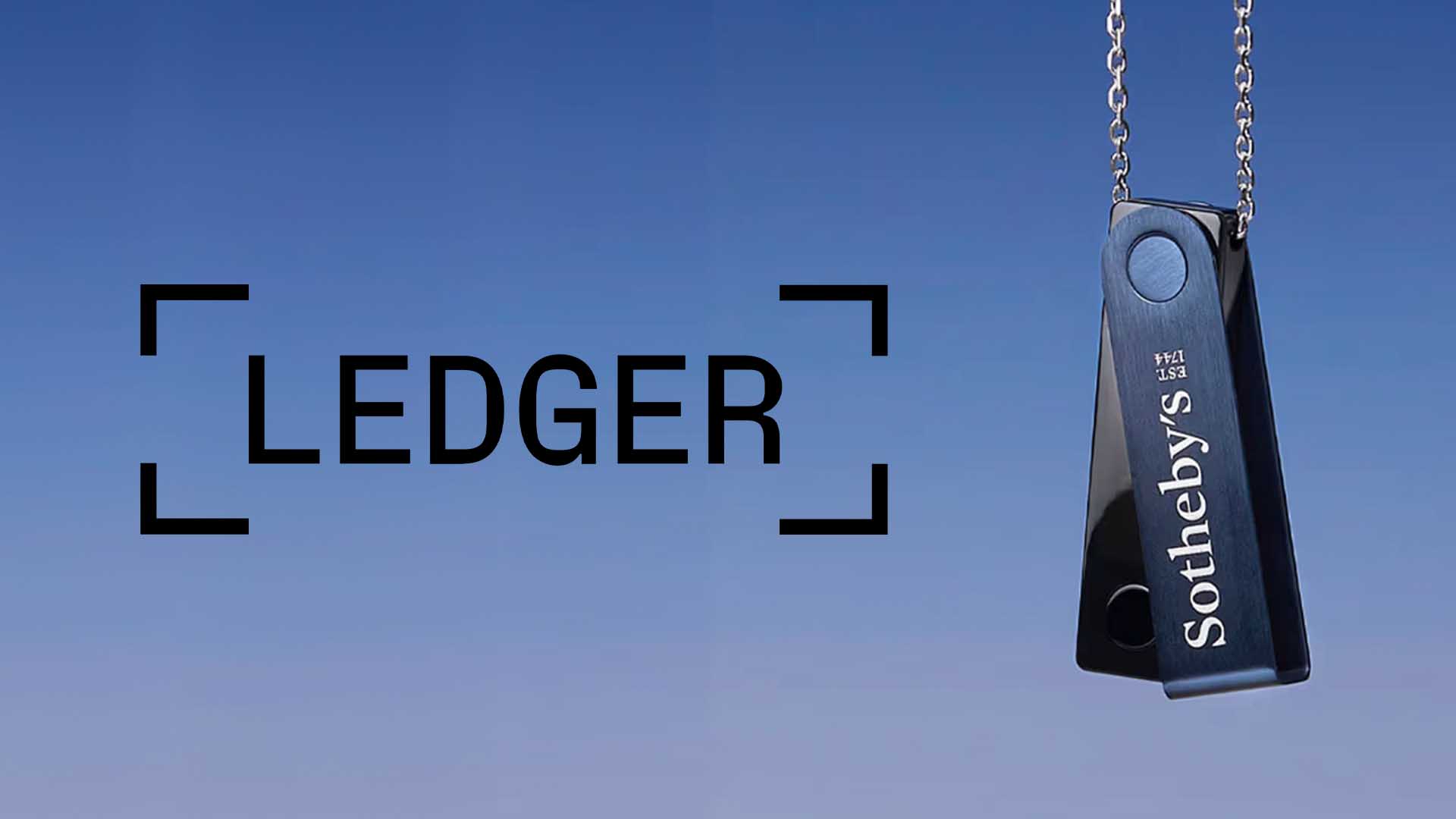Visa recently conducted a trial of an innovative system enabling individuals to cover gas fees by using credit or debit cards. This solution, which is currently in the developmental stage, employs a paymaster contract in conjunction with account abstraction and ERC-4337 technology to streamline the process of settling gas fees.
The primary objective of Visa’s new approach is to enhance the convenience and cost-effectiveness of gas fee payments for users. Through the option to utilize credit or debit cards for these payments, the solution seeks to eradicate the necessity of holding cryptocurrency within user wallets.
We're excited to share our experimental solution on Paying Onchain Gas Fees with a Visa Card
— Mustafa (@digitalmustafa) August 10, 2023
At @Visa, we've been exploring ways to simplify blockchain transactions
Imagine paying for gas fees as easily as buying coffee with your card!
But how did we get here?
🧵👇 pic.twitter.com/uGhAde60xe
The process of executing transactions on a blockchain can be intricate and time-intensive, particularly for individuals who are unfamiliar with the technology. Settling the costs associated with gas fees on the Ethereum network presents a challenging and expensive procedure, demanding that users possess ETH. Users are compelled to obtain ETH by converting fiat currency or other cryptocurrencies or transferring ETH from the exchange to their wallet.
These steps introduce extra complexities and expose users to the volatility of ETH prices. Additionally, the majority of users are typically unable to utilize stablecoins or alternative tokens to cover gas fees, even if they employ them for their transactions.
Visa card holders possess the option to employ their Visa cards to cover the expenses of gas fees linked to their contract accounts. For instance, they can create new tokens within a DeFi project and settle the associated gas fees by using a Visa card.
The beauty lies in Visa’s management of the intricate processes; the solution employs paymasters as pivotal entities that facilitate transactions with a user-centered approach.
A paymaster streamlines the process of settling gas fees and enables users to make off-chain payments using Visa cards. The card company has developed a preliminary version incorporating a validating paymaster, which utilizes an off-chain service to authenticate and finance user operations.
These operations involve blockchain actions that smart contracts can carry without requiring a user’s signature. The off-chain service applies a secret key to sign the data while the paymaster contract verifies it through a public key. Through the utilization of account abstraction, developers can create innovative pathways that decrease obstacles for various forms of value exchange.
In the press release, Visa stated:
“Our experiment demonstrates that developers can implement this solution with existing payments infrastructure. Merchants or decentralized applications (dApps) could run their own paymaster solution to help improve customer experience by accepting gas fee payments using Visa cards.”
Visa holds the capability to enhance the accessibility of blockchain transactions for a broader spectrum of users and expedite the adoption of blockchain technology.














